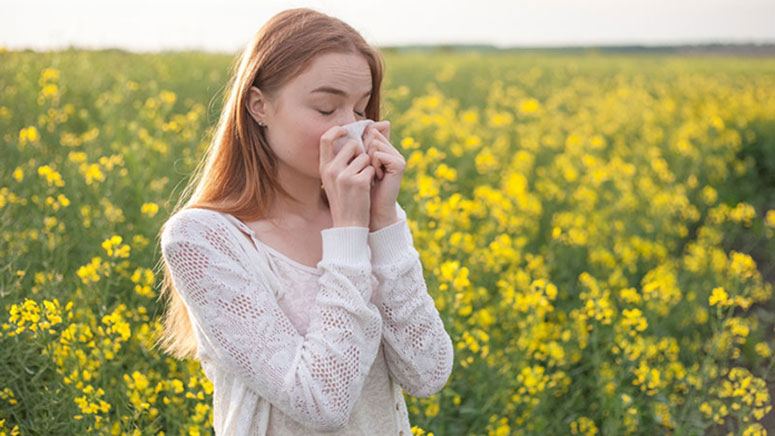Overview

Allergies are immunological reactions to situations or items that typically should not trigger any reactions. Allergic reactions range from mild to severe. You may have allergic reactions to a wide range of things from food to pollen. These triggers are known as allergens.
Some allergies only affect people at certain times of the year. These are known as seasonal allergies. Many people with seasonal allergies do not know they have allergies since the symptoms are only present at certain times of the year. Common symptoms of seasonal allergens include sneezing, coughing, stuffy or runny nose, ear congestion, and watery or itchy eyes.
Most allergies are due to seasonal increases in pollen from wind-pollinated plants, trees, and grasses. Hay fever (allergic rhinitis) is a common allergy that occurs at certain times of the year. It is often triggered by exposure to an outdoor allergen such as pollen. According to the American Academy of Allergy, Asthma, and Immunology, it affects around 8 percent [1] of Americans.
Seasonal allergies can be treated in a variety of ways. This article discusses your options.













